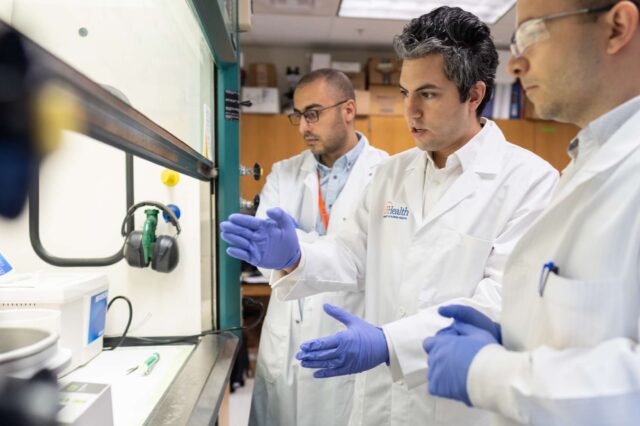Neurosurgeons, also known as brain surgeons, are specialized medical professionals who focus on diagnosing and treating disorders of the nervous system, including the brain, spine, and peripheral nerves. There are several subspecialties within neurosurgery, each focusing on a specific aspect of patient care. Understanding these specialties can help individuals learn more about the expertise required for specific treatments.
Spine Neurosurgery
Spine neurosurgery focuses on diagnosing and treating conditions affecting the spine, spinal cord, and nerve roots. A brain surgeon has expertise in this area and is also equipped to address spine-related issues that can impact brain function. These specialists address a vast range of conditions, including herniated discs, spinal tumors, degenerative diseases, and conditions caused by trauma or injury. They use advanced surgical techniques to relieve pain, restore function, or stabilize the spine.
Spinal neurosurgeons often collaborate with orthopedic surgeons, particularly for complex surgical procedures. The goal of their work is to make sure the spine’s structure is supported while reducing any pressure on the spinal cord or nerves. With their in-depth knowledge, they are often called upon for intricate cases involving spinal pathologies.
Tumor Neurosurgery
Tumor neurosurgery involves the delicate removal or treatment of tumors affecting the central nervous system. Neurosurgeons in this field specialize in various types of tumors, including:
- Primary brain tumors such as glioblastomas and astrocytomas
- Metastatic tumors originating in other parts of the body but spreading to the brain or spine
- Spinal cord tumors that may compress the spine or nerves
These procedures often incorporate microsurgical techniques and neuronavigation technology for precision. Patients may also receive multidisciplinary care, which involves collaboration with oncologists and radiologists.
Pediatric Neurosurgery
Pediatric neurosurgery focuses on caring for children with neurological disorders or injuries. Young patients often present unique challenges because their nervous systems are still developing. This often requires treatments that accommodate their growth and future development. Specialists in this field treat conditions such as congenital disorders, brain and spinal cord tumors, epilepsy, and hydrocephalus. Pediatric neurosurgeons are trained to balance the need for effective treatment management with the goal of minimizing the long-term impact of treatments. Their work involves complex problem-solving that aids in the child’s overall development and helps keep them on track as much as possible.
Trauma Neurosurgery
Trauma neurosurgeons address injuries to the head, brain, and spinal cord commonly caused by accidents or sudden impacts. These highly skilled professionals often step in during emergencies to perform life-saving surgeries. Among the types of cases they manage are:
- Traumatic brain injuries (TBIs): Loss of function due to direct brain injury
- Vertebral fractures: Damaged or compressed vertebrae requiring repair or stabilization
- Intracranial bleeding: Managing blood accumulation in the skull due to trauma
Quick decision-making and precision are necessary in this specialty. Trauma neurosurgeons may also help patients recover from long-term complications by planning follow-up surgeries or therapies.
Choose the Right Brain Surgeon for You
Selecting the right brain surgeon involves understanding their area of expertise and making sure their experience matches the required treatment. Try consulting with a specialist who has extensive training and knowledge in the relevant subspecialty. A collaborative approach with other healthcare providers can further enhance outcomes, resulting in better outcomes for each case.









Leave a Reply